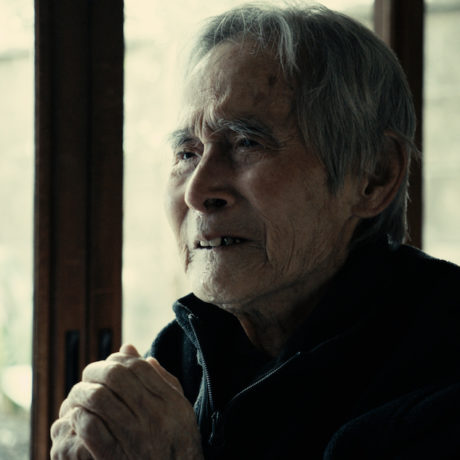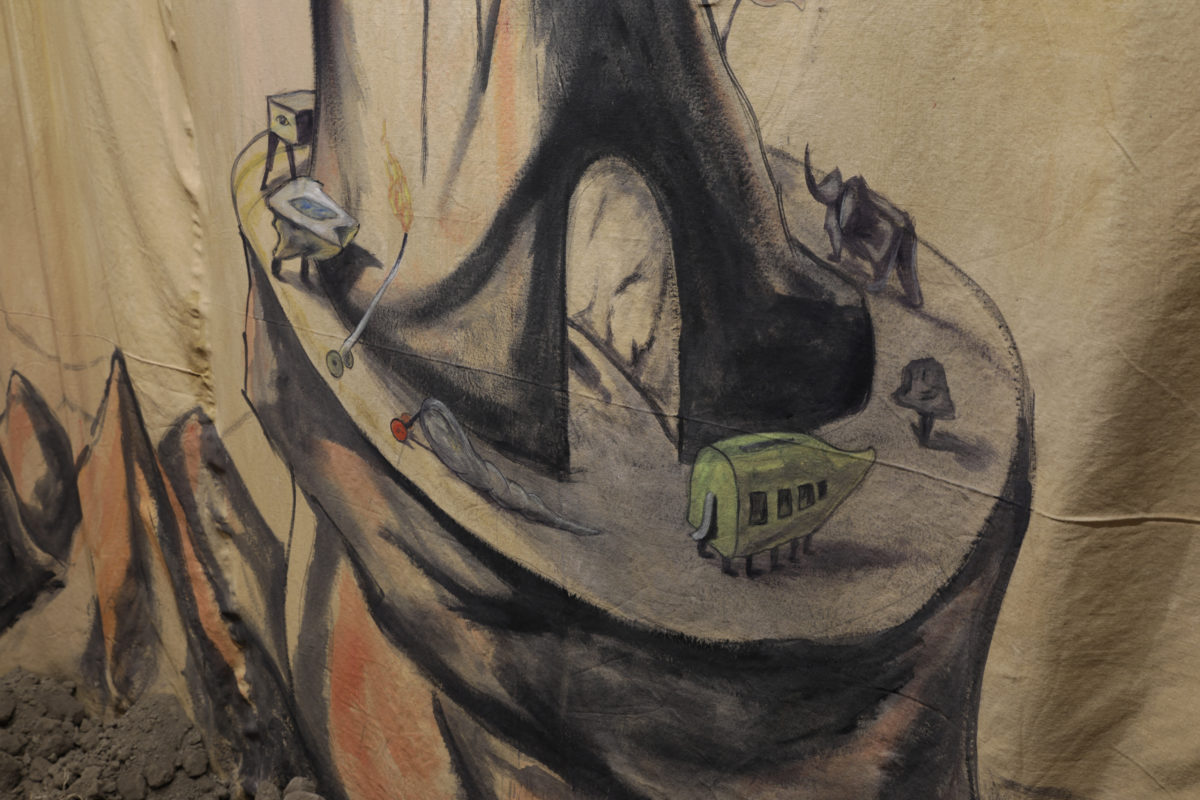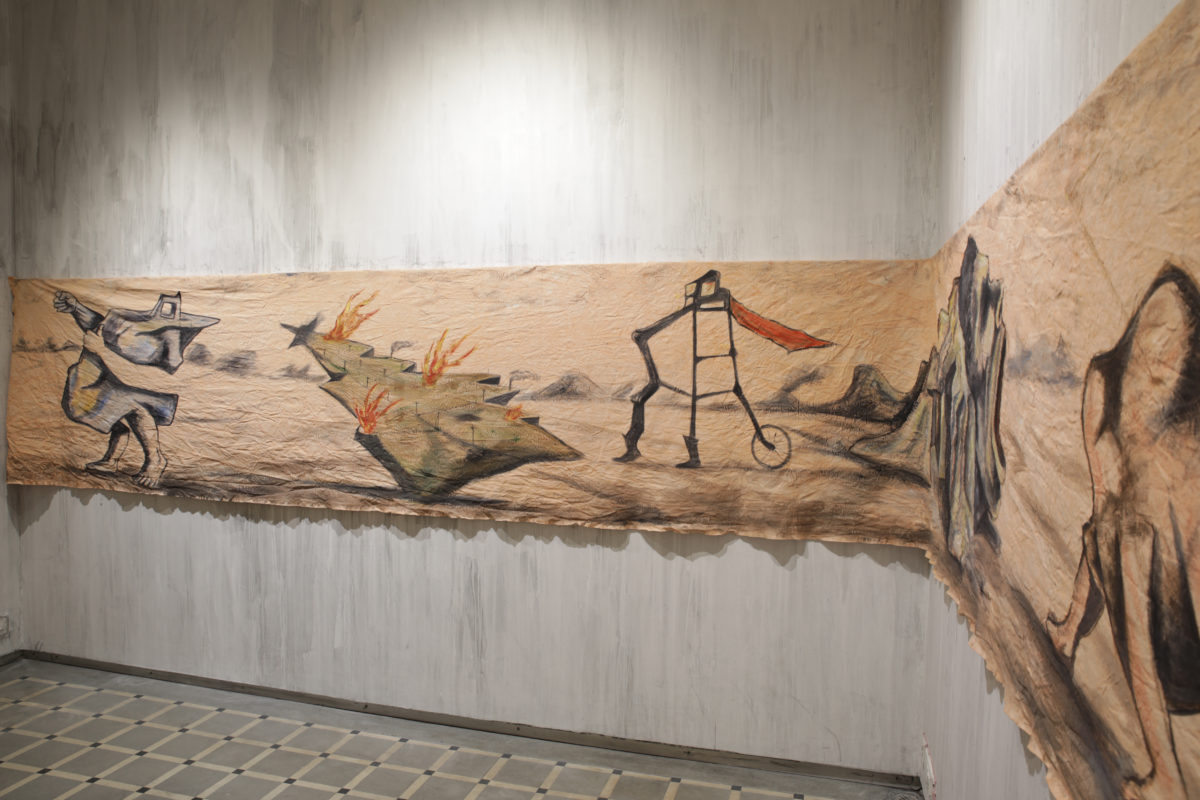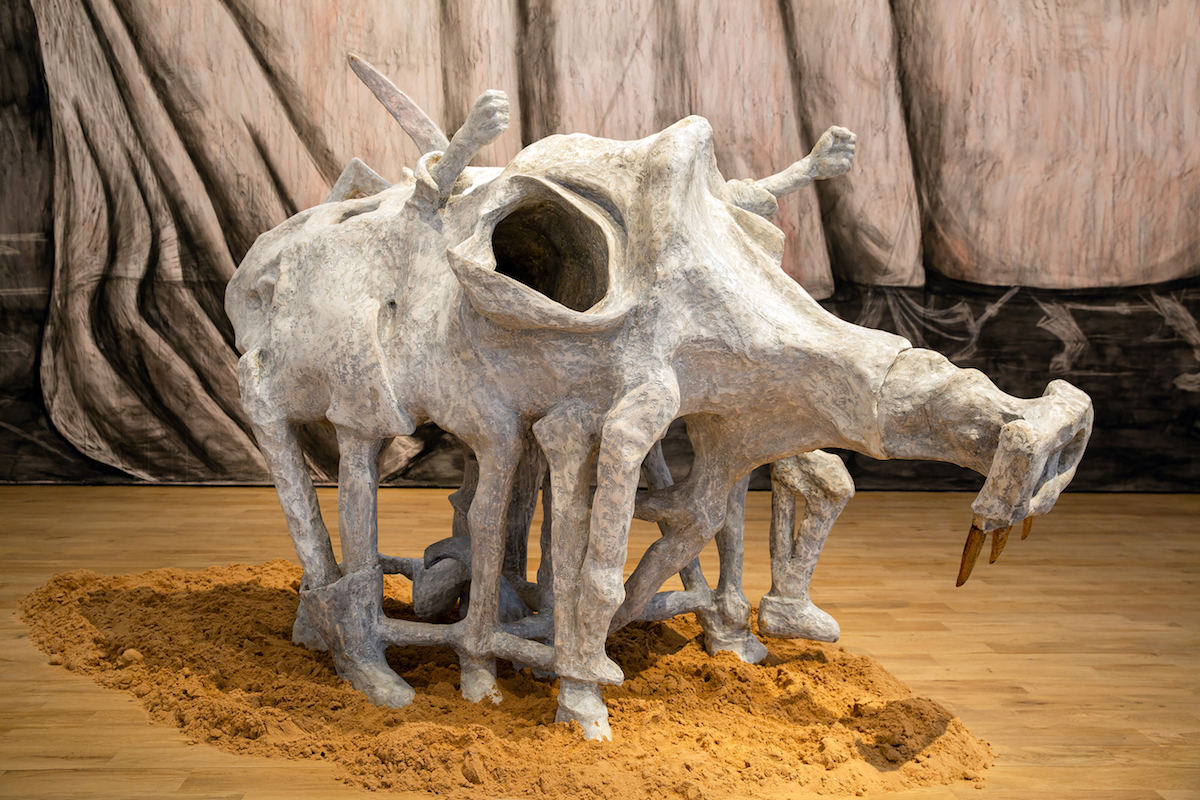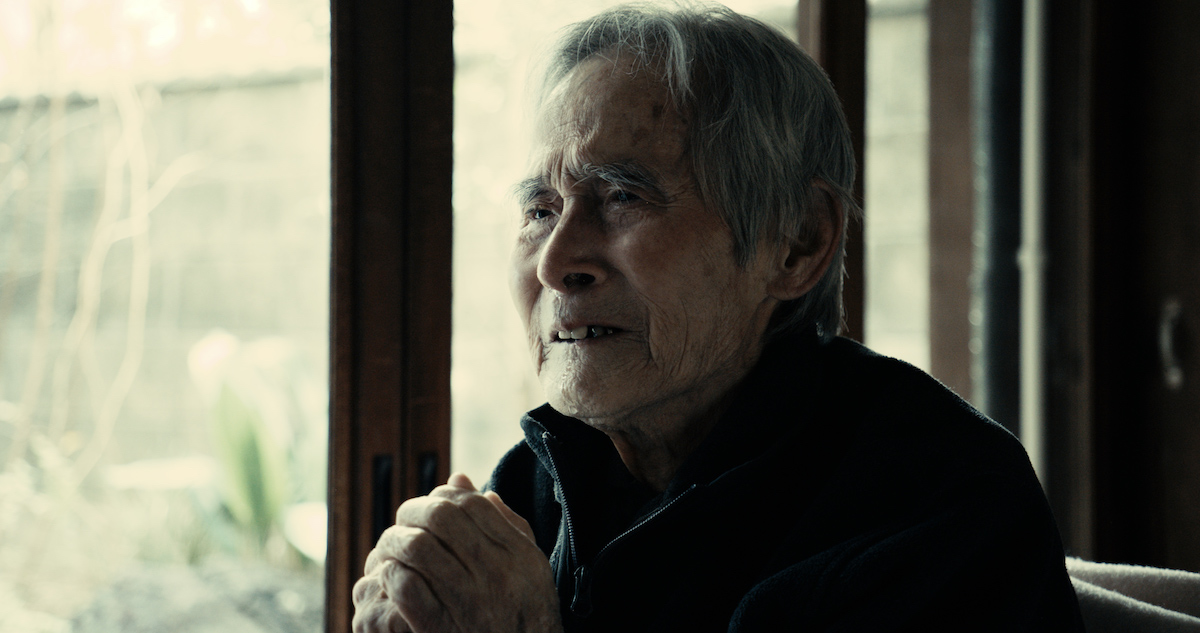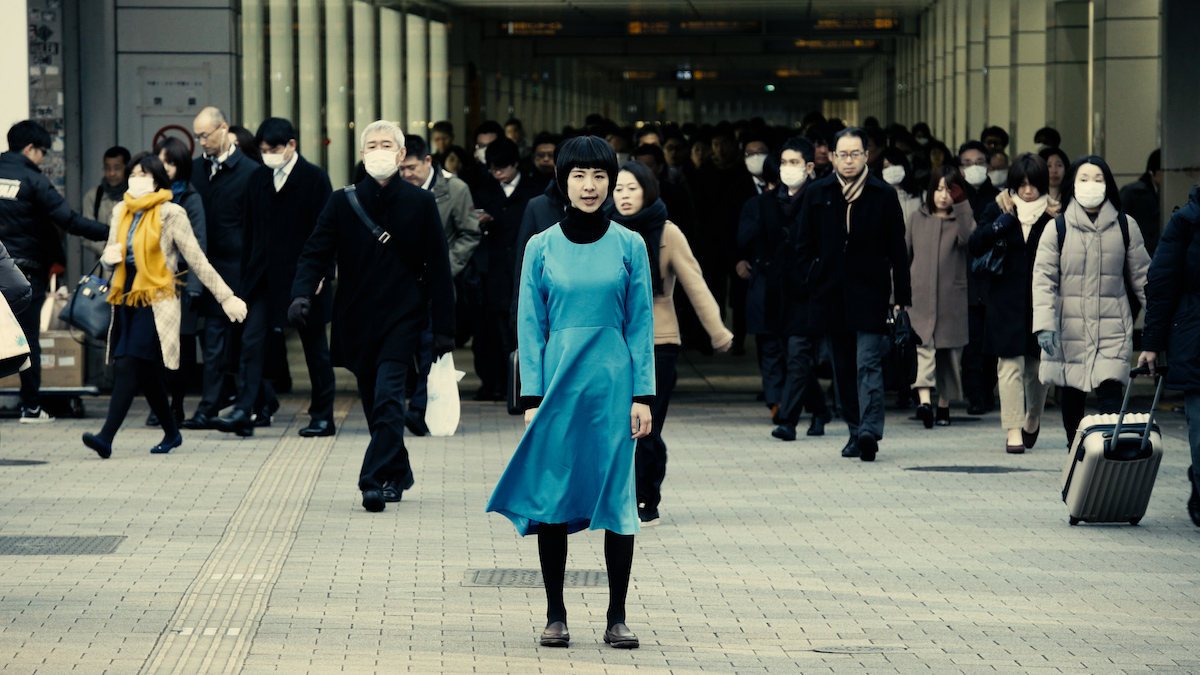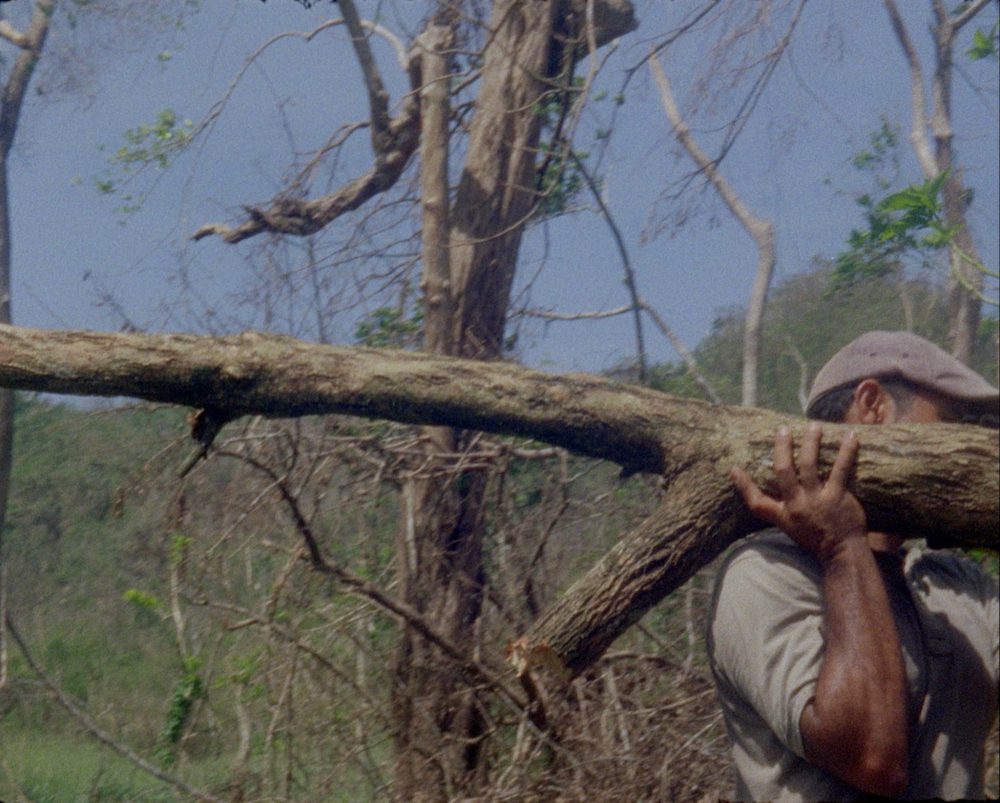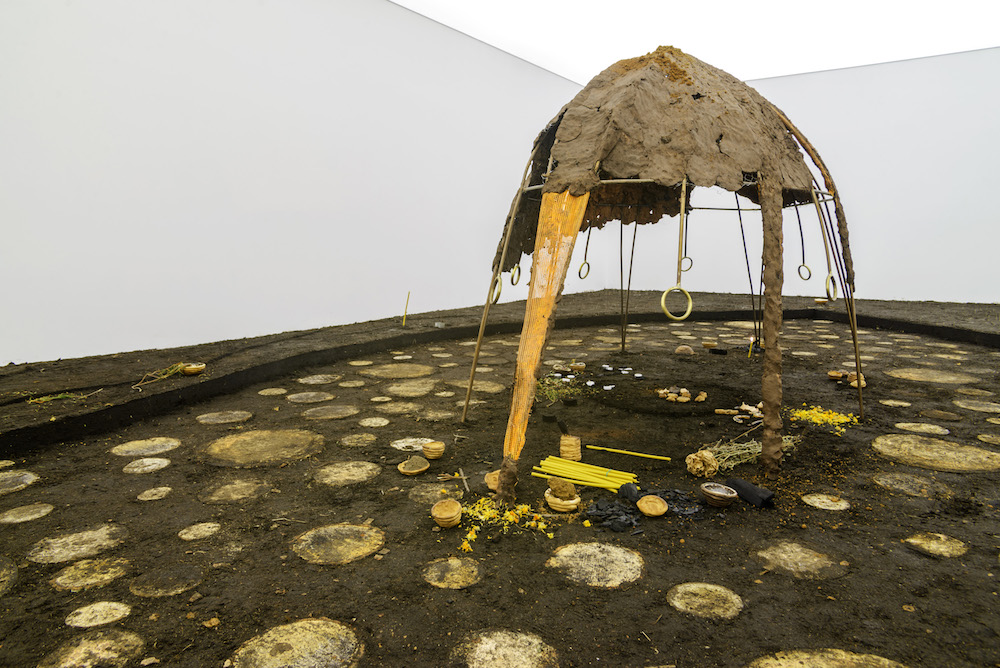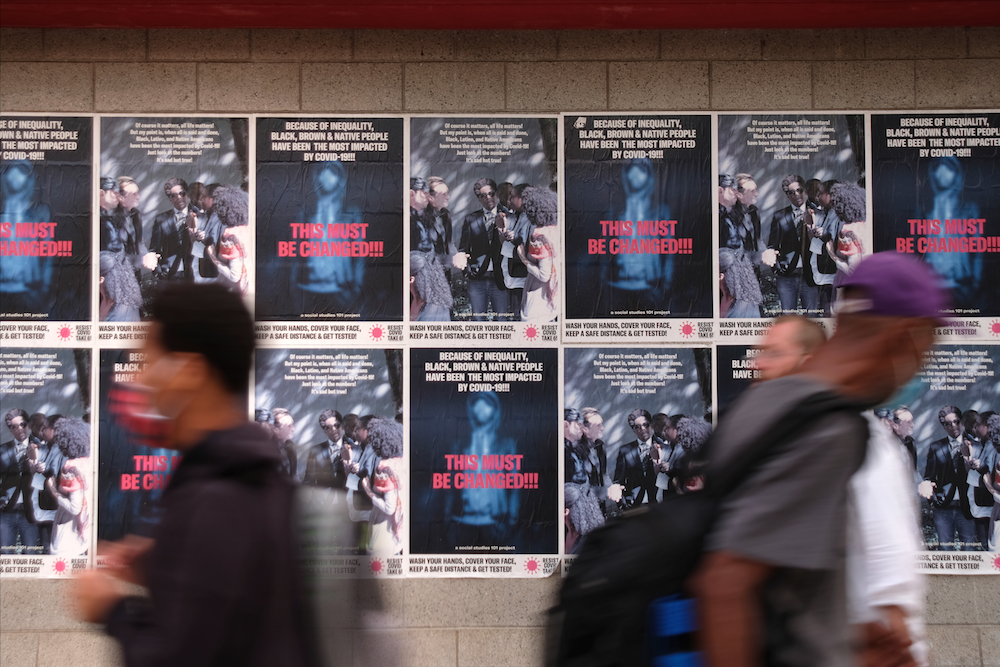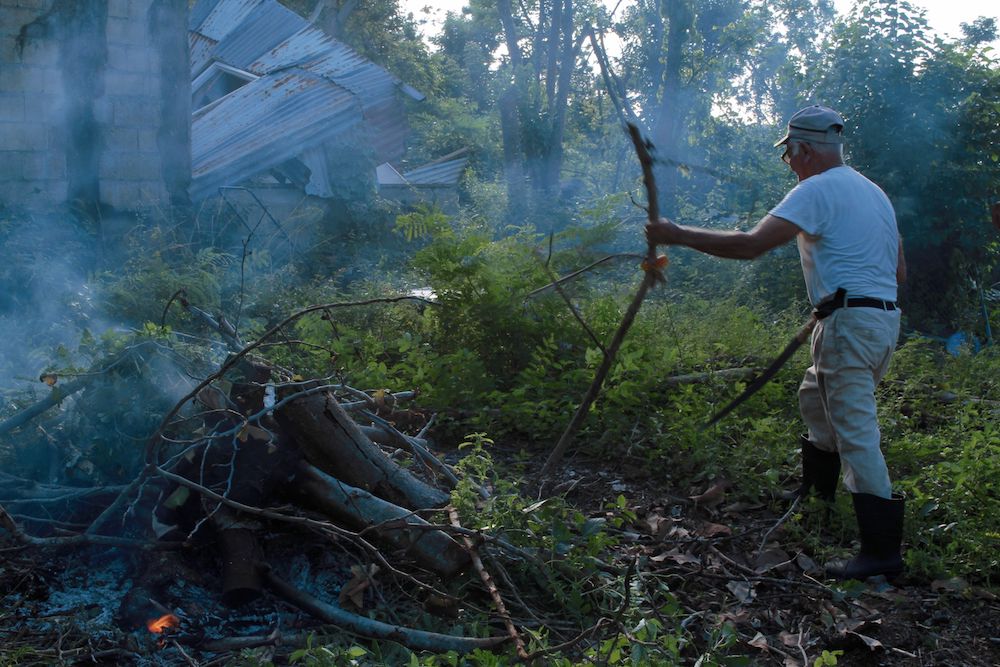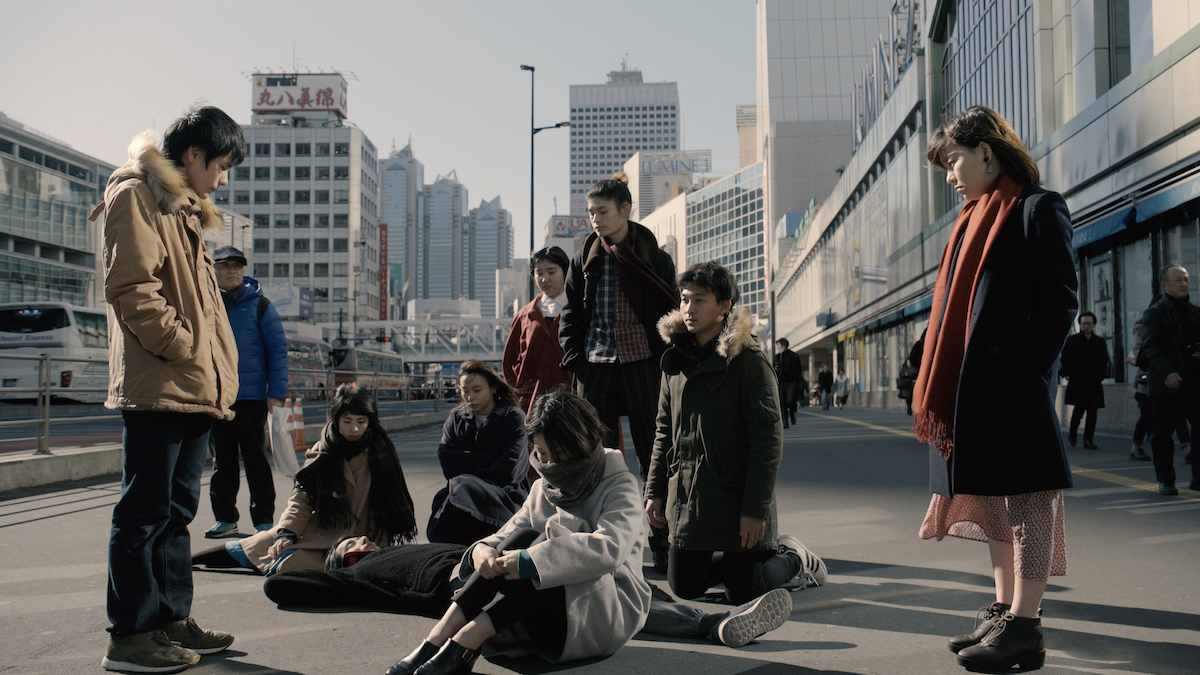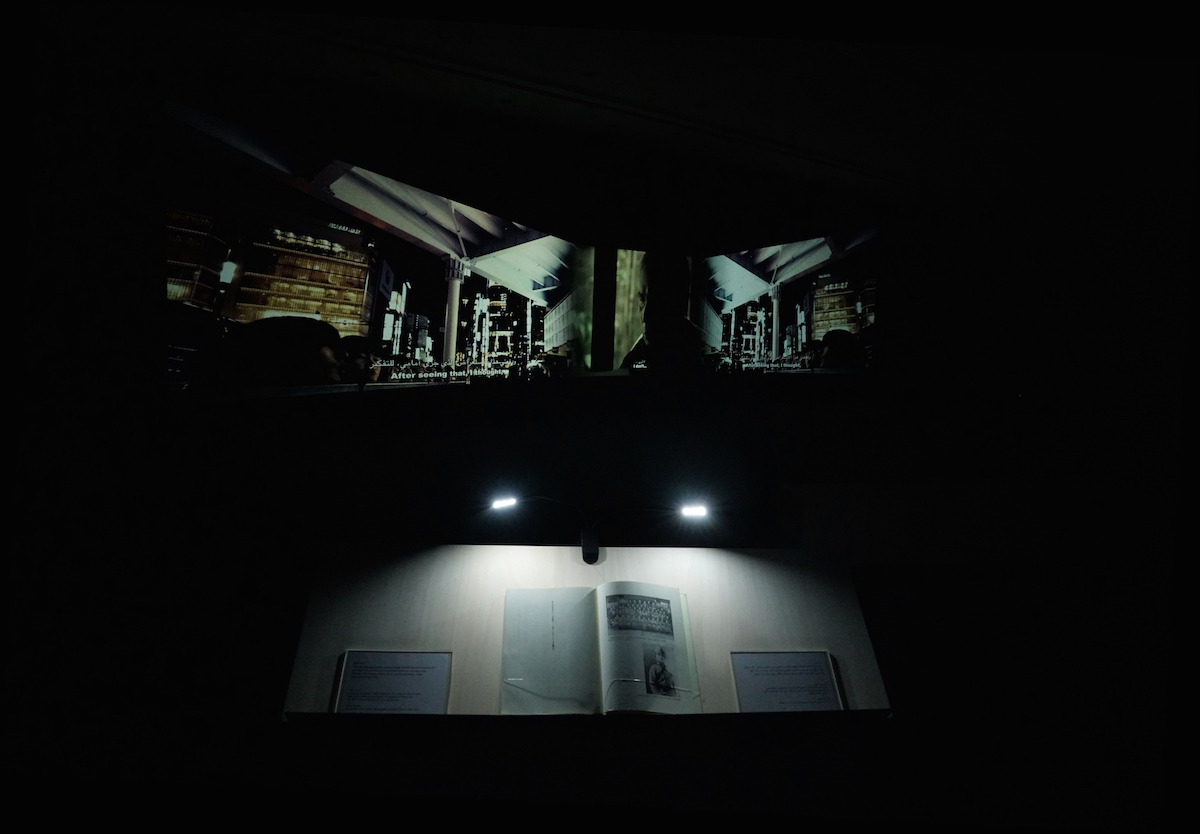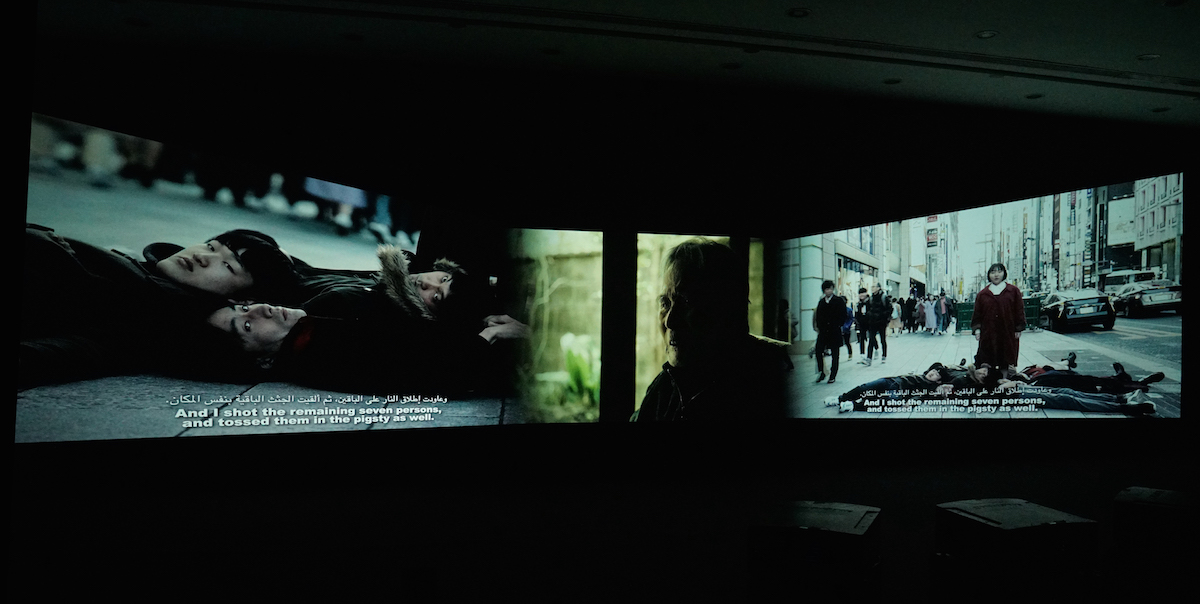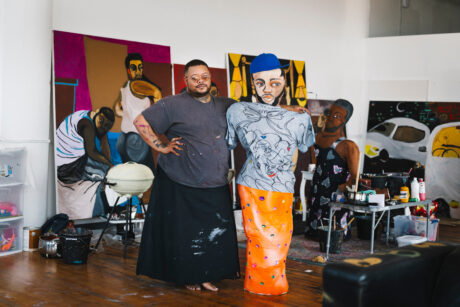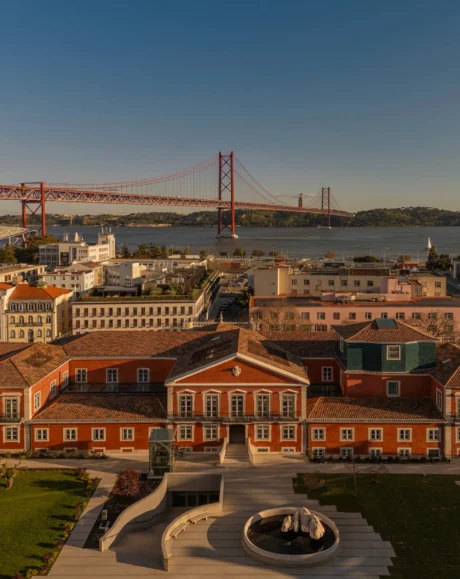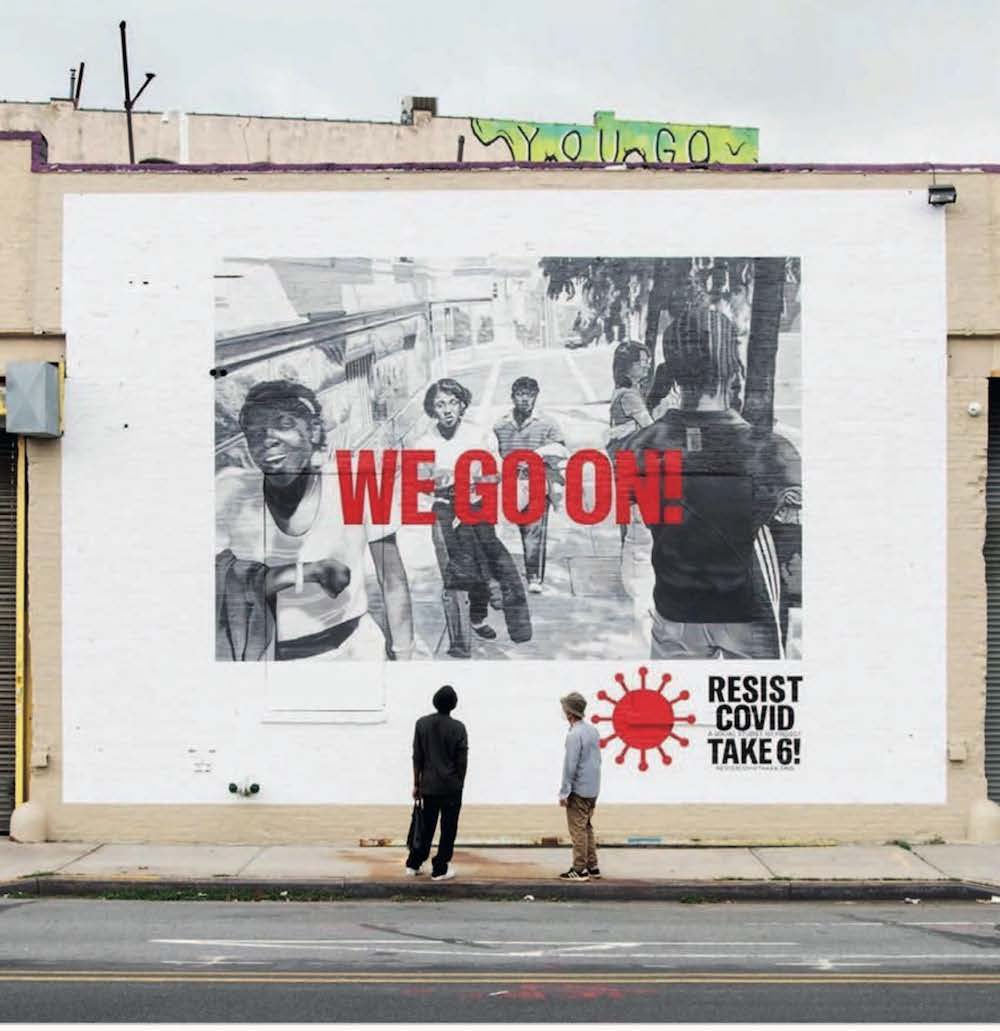
Art prizes have, of late, taken some interesting turns: namely, the idea of a single ‘winner’ now feels like an outdated concept. After the shortlisted artists for the 2019 Turner Prize were jointly awarded the prize as a collective following their request to be considered as a single group, the 2020 edition was replaced by a bursary for ten artists including Oreet Ashery, Liz Johnson Artur and Alberta Whittle. Similarly, the 2020 Film London Jarman Award was presented to all six shortlisted artists, with the prize money shared equally between them “in recognition of a challenging year”.
So who knows what’s going to happen when it comes to the ‘UK’s largest’ international contemporary art prize, Artes Mundi 9. The prize money is £40,000, with the winner set to be announced on 15 April. While the show has been adapted to be viewed virtually as well as physically, the internationally focused and discipline-spanning virtues that Artes Mundi is known for throw up innumerable challenges in socially distanced (and post-Brexit) times. The show will be something of a canary, perhaps, when it comes to navigating things like the installation process, shipping costs, the bureaucracy around exhibiting international artists, travel restrictions and more.
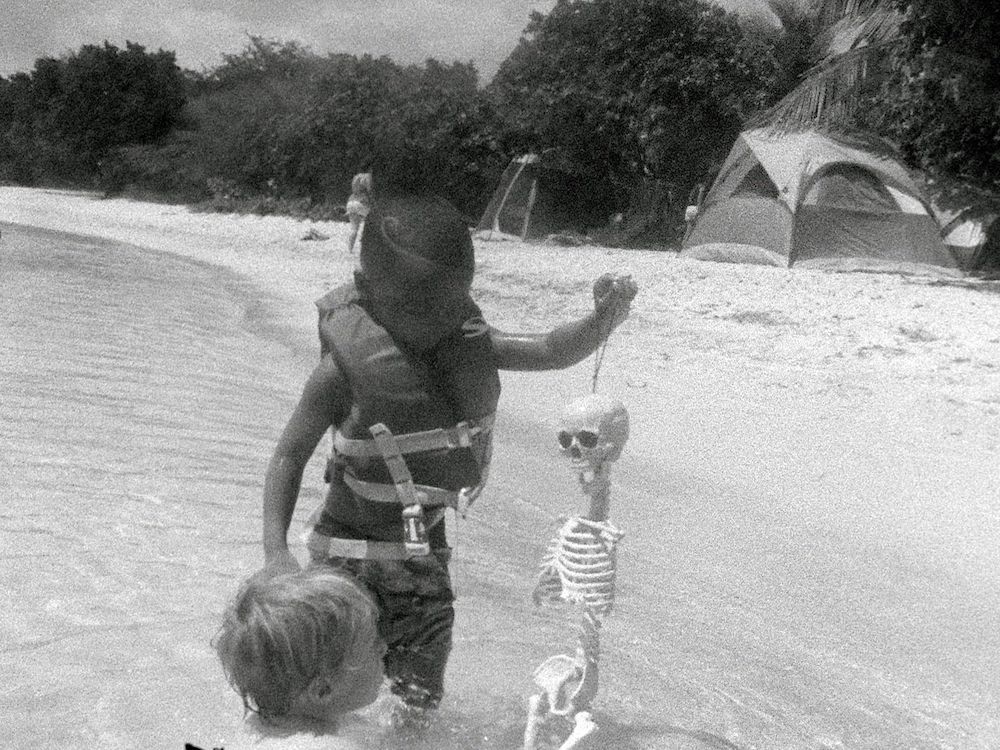
“They’re not pretty topics, but they’re important ones: colonialism, environmental change, intergenerational trauma and healing, legacies of conflict, representation, privilege…”
This year’s artists are particularly international, too, and were chosen out of more than 700 nominations from 90 countries. This year’s list comprises Firelei Báez (Dominican Republic), Dineo Seshee Bopape (South Africa), Meiro Koizumi (Japan), Beatriz Santiago Muñoz (Puerto Rico), Prabhakar Pachpute (India) and Carrie Mae Weems (USA), with past winners including Theaster Gates (2015), John Akomfrah (2017) and Apichatpong Weerasethakul in the biannual prize’s most recent edition in 2019.
While the shortlist was confirmed back in September 2019—those heady, pre-pandemic days—it’s interesting that much of the work looks at themes that couldn’t feel more relevant in the immediate. They’re not pretty topics, but they’re important ones: among them are the impact of colonialism; environmental change; intergenerational trauma and healing; the aftermath and legacies of conflict; ideas around representation; and the notion of privilege.
As the work of Meiro Koizumi confirms, these issues are nothing new. Koizumi’s video triptych piece, Angels of Testimony, examines the legacy of the Second Sino-Japanese War, which ran partly concurrently with the Second World War, from 1937 to 1945. The piece looks at how “acknowledging shameful histories” can work towards the disassembly of cultural taboos and bring about collective healing.
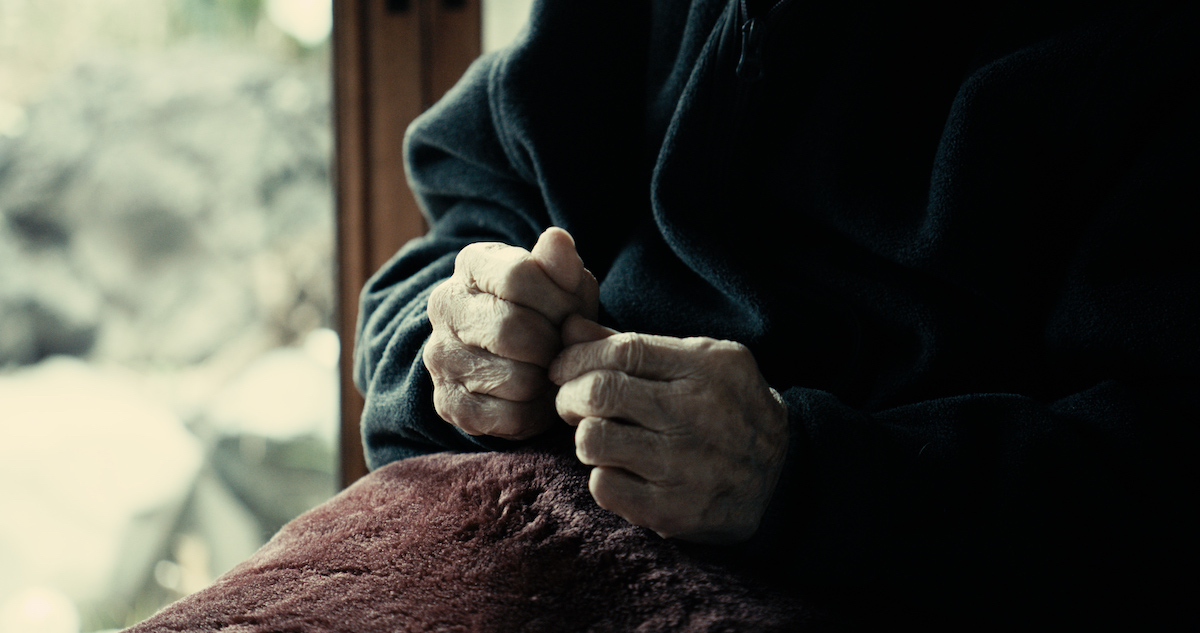
“Beatriz Santiago Muñoz, too, looks at the impact of history and the presence of its ugly truths today”
Beatriz Santiago Muñoz also works in moving image, and her Artes Mundi 9 piece shows five film and video works that form a layered installation in which narratives intermingle in poetic, rather than linear ways. She, too, looks at the impact of history and the impact of its ugly truths today, in demonstrating the continuing presence of various colonisers on Puerto Rico, its landscape, people and culture.
The shortlisted artists’ work isn’t the easiest when it comes to Covid modifications; it’s tricky to imagine the virtual counterpart of a work like Santiago Muñoz’s living up to the visceral nature of experiencing its sound and image in the flesh. Distancing has likely been particularly tricky for Prabhakar Pachpute, an artist who lives and works in Pune, India, and who is used to working directly onto the wall. Pachpute’s family worked in the coal mines of central India for three generations, and their installation—paintings, banners and objects that draw on the iconography of protest—underscores certain shared aspects of cultural heritage between India and Wales, where Artes Mundi is staged.
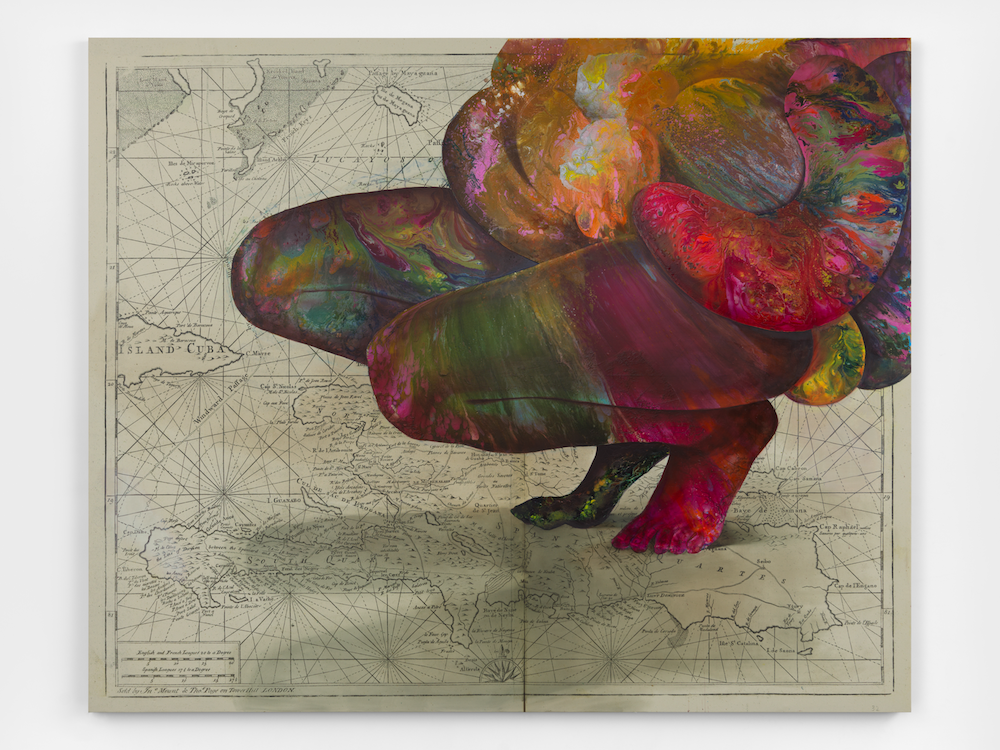
Cultural identity is at the fore for Carrie Mae Weems, though in rather different ways. The artist is known for her work’s engagement with Black and female representation, and her new photographic installation draws on many of her characteristic themes of racism, class, political systems and the consequences of power. The work turns a contemporary lens on the works of American politician and civil rights activist John Robert Lewis, and is accompanied by a selection of large-scale images documenting Weems’ recent public art campaign highlighting the appalling discrepancies in the affects of Covid-19 on people of colour and their white counterparts.
The biennial’s organisers, however, add that these works draw attention to such horrific issues while also “offering messages of hope”. Nigel Prince, director of Artes Mundi, says, “as we live through and engage with global changes of significant impact, more than ever the work of all six artists speaks to and resonates with, the ideas and issues we need to address individually and collectively within our societies, concerning equity, representation, trauma and privilege.”
Artes Mundi 9
Opening online 15 March, running from April to June at National Museum Cardiff, Wales
VISIT WEBSITE